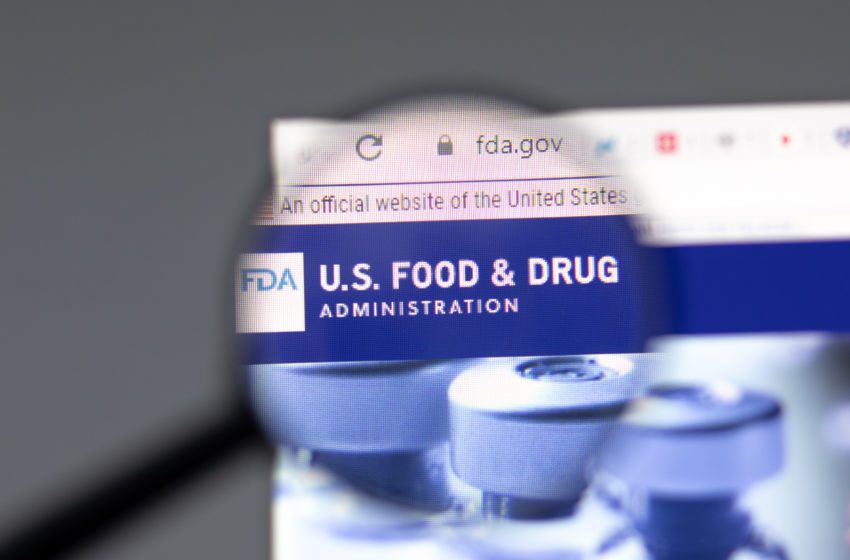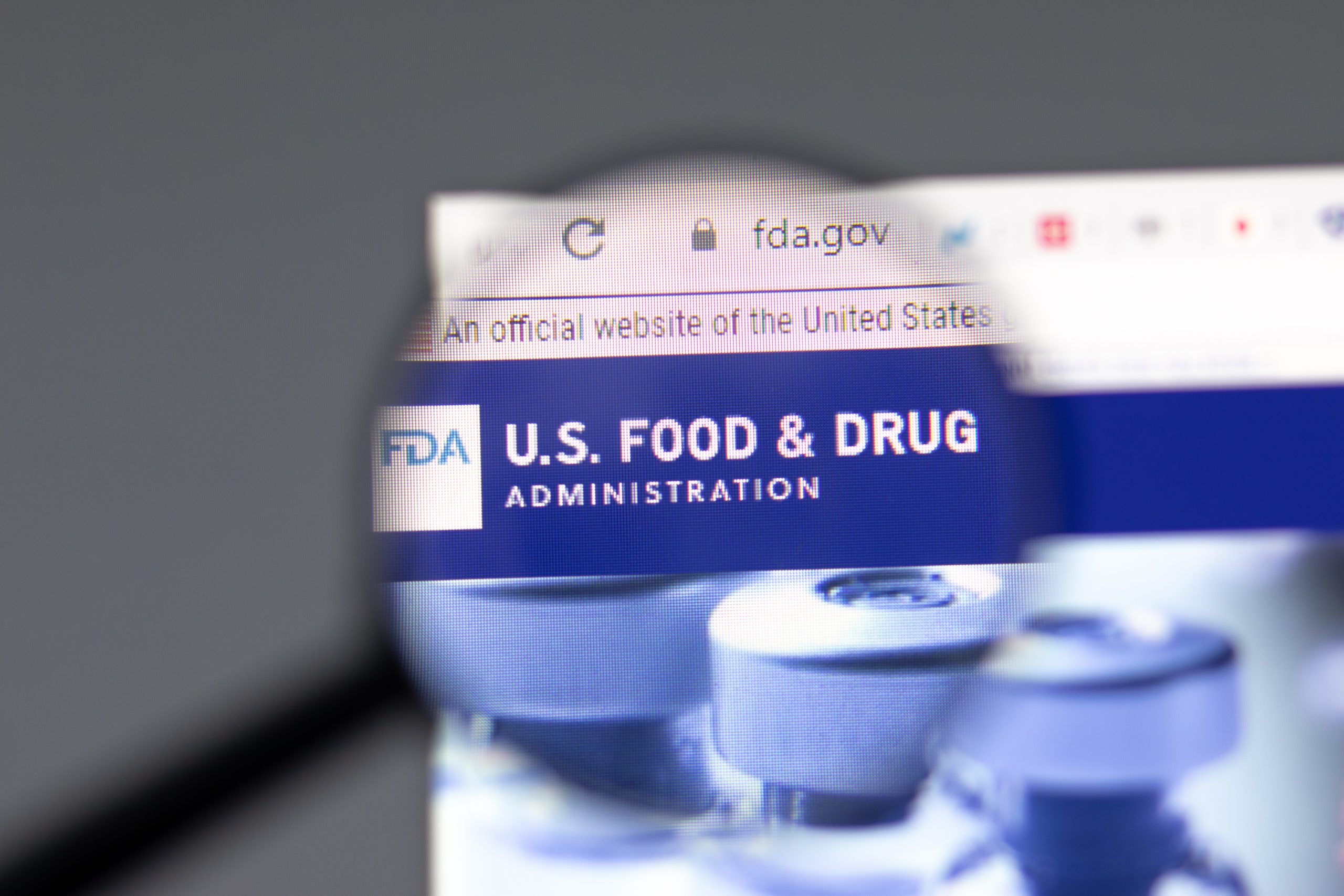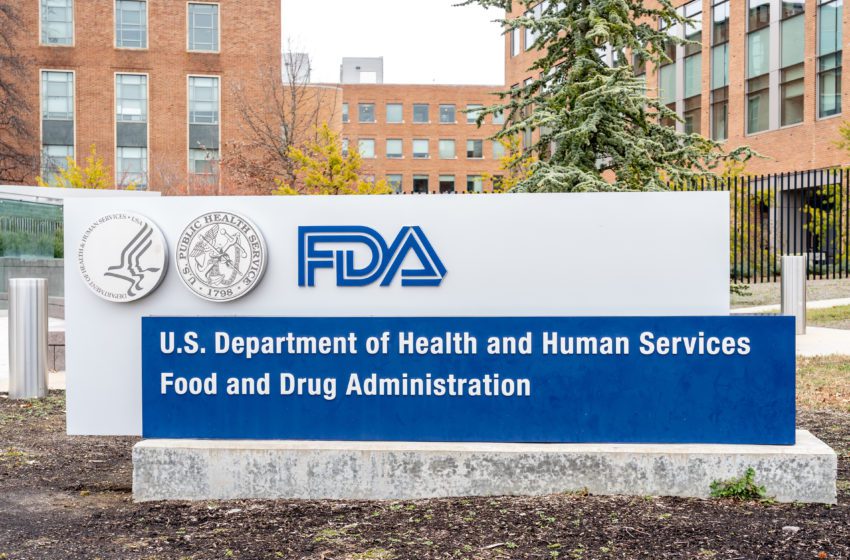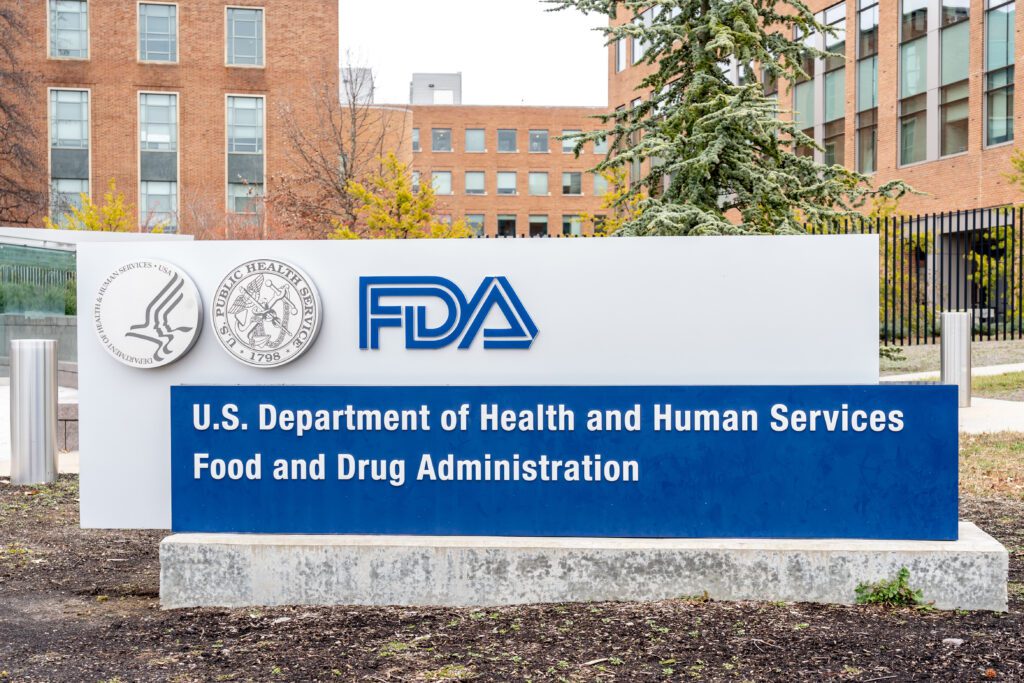One month into his new job, Brian King is already praising his agency’s hard work. The director of the U.S. Food and Drug Administration’s Center for Tobacco Products (CTP) released a statement that he wanted to make it “unequivocally clear” that the agency was “working diligently” to process synthetic nicotine premarket tobacco product applications (PMTAs).
“A substantial number of applications were submitted by May 14 – nearly one million from more than 200 separate companies – with some several thousand pages long,” King stated. “Preparing these applications for review takes several steps and submissions varied widely in their organization, size, and completeness of data, which impacts the time it takes to process the information.”
Amanda Wheeler, president of the American Vapor Manufacturers Association (AVM), Tweeted, “Read between the lines: Millions of applications submitted, ZERO approved, yet King assures us the system is working. We do know the only thing preventing vape products from saving lives is the FDA itself, rigging the system in favor of prohibition over harm reduction,” in response to King’s statement.
Despite the challenges of reviewing PMTAs, King stated that the agency was “making significant progress” in processing and reviewing the applications. The FDA has issued refuse-to-accept (RTA) letters for more than 88,000 products for applications that “do not meet the criteria” for acceptance. Applications are required to provide important information needed for processing and reviewing.
“Without the required information, applications cannot proceed past the acceptance phase of the review process,” King stated. “The RTA letters state that it is illegal to sell or distribute in the U.S. marketplace any new tobacco product that has not received premarket authorization.
Of the nearly a million applications submitted by May 14, the FDA only accepted an estimated 350, with the vast majority being for e-cigarette or e-liquid products, according to the statement. Accepted applications are then evaluated in the filing stage before going under scientific review.
“The substantive review phase includes evaluation of the scientific information and data in an application, which often results in follow-up questions and conversations with companies, including in situations where elements of an application raise questions needing clarification,” stated King. “It is only after the substantive phase that a company may be granted a marketing order. If no marketing order is granted, it remains illegal to market the product. To date, no non-tobacco nicotine product has received a marketing granted order.”
All bark, no bite
After July 13, 2022, a non-tobacco nicotine product can only be legally marketed in the United States if it has received a marketing order from the FDA. This means that it is illegal for a retailer or distributor to sell or distribute a synthetic nicotine products is in violation of the law and its manufacturer, retailer, or distributor may be subject to FDA enforcement.
King stated that the agency’s compliance and enforcement work is a multi-step process that cannot “happen overnight.” it takes time to ensure that any enforcement taken is supported by the available evidence with respect to the legal standards. Typically, the FDA will first issue warning letters to promote compliance and then follow up to ensure the violations addressed in the warning letter are corrected. If firms continue to violate the law, the FDA can pursue further actions, such as civil money penalties, seizures, and injunctions.
Many retailers simply ignore the FDA warnings. One owner told Vapor Voice that they “know” the agency is overworked and understaffed and is unlikely to follow up or pursue further steps. The agency has also made some very public mistakes over the past month, including its reversal of Juul’s marketing denial order (MDO), that has damaged the agency’s public perception.
While there isn’t much data surrounding what tobacco products remain on the market that have received warning letters, however, numerous companies on the agency’s MDO list still market products in the U.S.
It isn’t only for tobacco products that the agency doesn’t enforce its warnings. A considerable proportion of drug supplement products remain available for purchase after issuance of FDA warning letters, according to a research letter published in the July 26 issue of the Journal of the American Medical Association. Researchers found that the FDA issued warning letters regarding 31 supplement products. Only one of these 31 products was recalled by the manufacturer.
At a mean of six years following the issue of warning letters, nine of the products (29 percent) remained available for purchase online, according to the authors. Four of these nine products (44 percent) listed the presence of at least one prohibited ingredient on the label: One label declared the prohibited ingredient included in the FDA warning letter and three listed other FDA-prohibited ingredients. Five of the nine products were found to contain at least one FDA-prohibited ingredient after chemical analysis: Four products contained one prohibited ingredient and one product contained three. Two products contained the ingredient for which the FDA issued the warning letter.
Despite its challenges, the FDA issued 17 new warning letters on Aug. 1 to manufacturers for marketing products without FDA approval. On July 28, the agency issued 102 warning letters to retailers for illegally selling non-tobacco nicotine products to underage purchasers.
“Our goal is clear communication and transparency, and toward that end, we intend to include information about non-tobacco nicotine products in our regular metrics reporting in the future,” stated King. “To keep stakeholders and the general public informed, we also launched a non-tobacco nicotine product webpage that includes information about how synthetic nicotine is made and our regulation of non-tobacco nicotine products.”





















